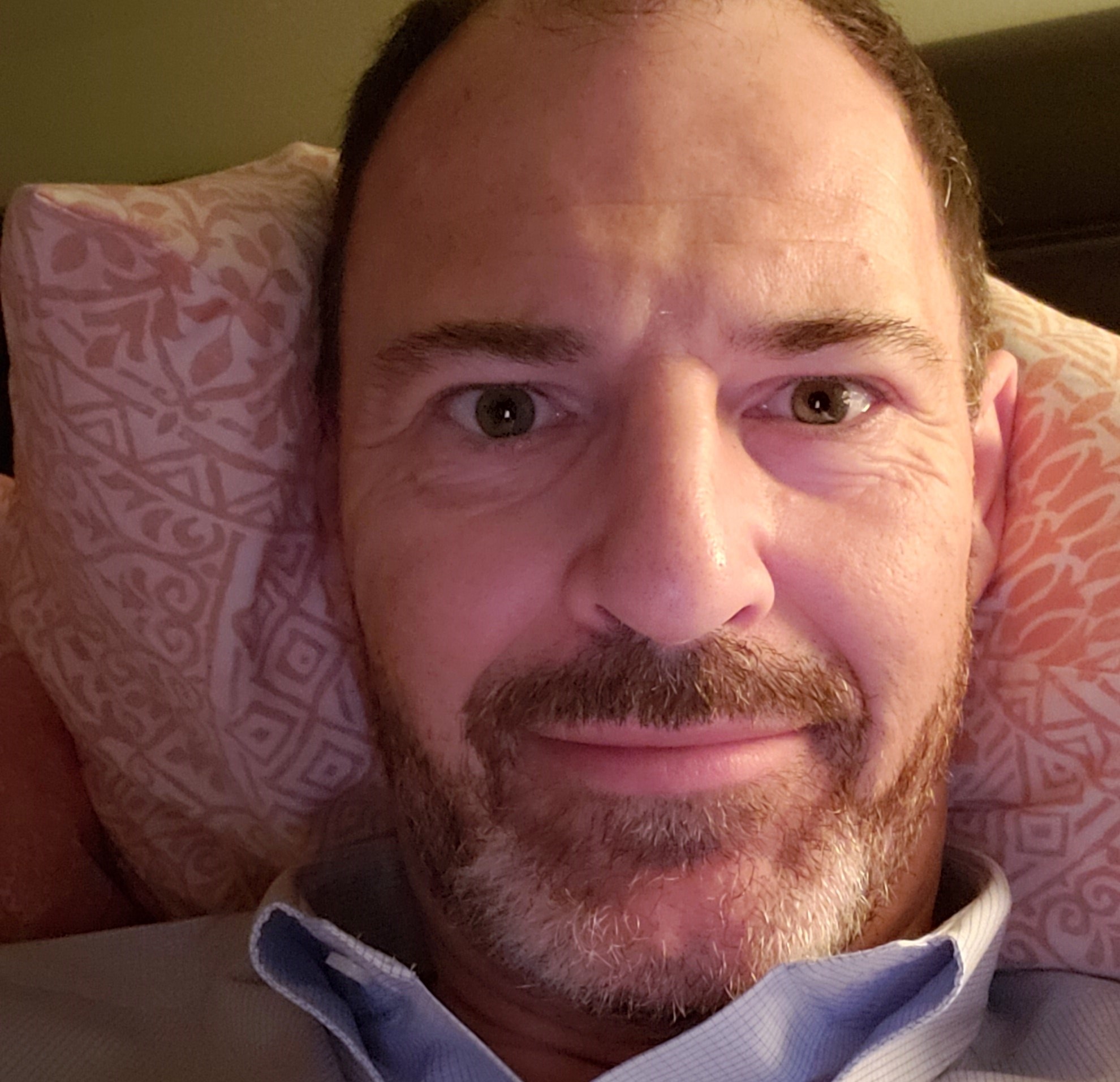Nick Berry has stage IV cancer. He is a first-class data scientist, but even he is not certain how much time he has left.
Without treatment, his doctors told him he has about six months to live. With treatment, including a new experimental cancer drug and chemotherapy, he could live for a couple of years. He would like to see both of his children graduate from high school. But he knows that he only has an 8% chance of living for five more years. Berry has confronted his own mortality, told his family about his chances, and shared it with friends on Facebook.

Unlock premium content and VIP community perks with GB M A X!
Join now to enjoy our free and premium membership perks.
![]()

![]()